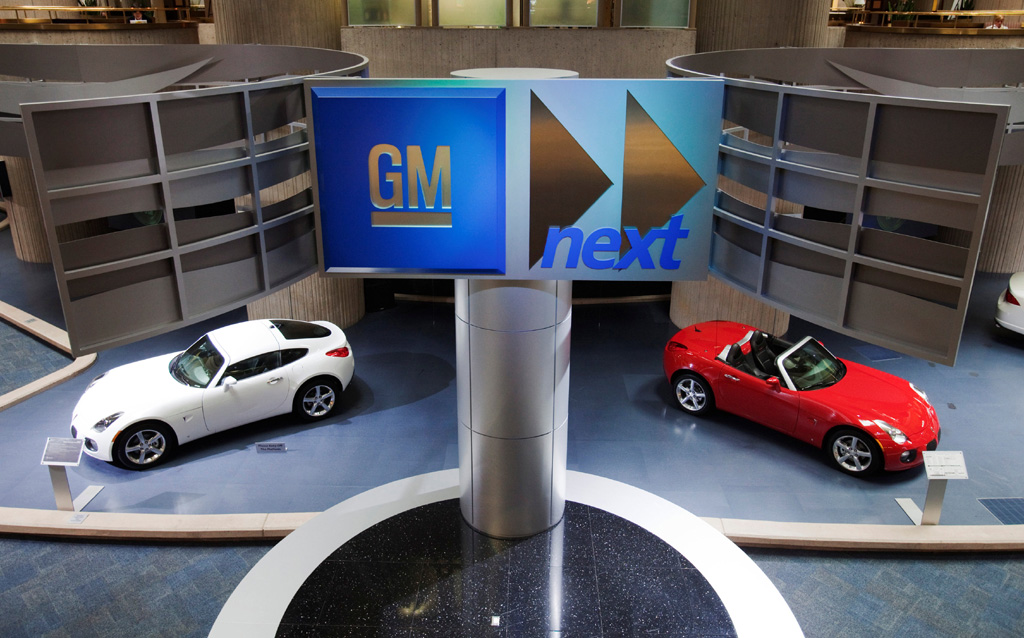GM's Cruise delays launch of robo-taxis

SAN FRANCISCO: General Motors' autonomous car division Cruise said Wednesday it will take longer than expected for it to hit the streets with self-driving taxis.
Cruise continues to work toward the goal, but will not have a service operating by the end of this year as originally planned, according to an online post by the unit's chief executive Dan Ammann.
"We will be significantly increasing our testing and validation miles over the balance of this year, which has the effect of carrying the timing of fully driverless deployment beyond the end of the year," Ammann said.
"When you're working on the large scale deployment of mission critical safety systems, the mindset of 'move fast and break things' certainly doesn't cut it," he added, referring to a slogan popular at Facebook in its early days.
Cruise in May announced that it raised $1.15 billion in a new funding round that valued the unit at some $19 billion.
Cruise is working against rivals such as Uber, Alphabet car unit Waymo, Tesla and others in what is expected to be a large market for autonomous cars.
GM acquired Cruise in 2016 and has been conducting testing in the San Francisco area where the unit is headquartered.
Cruise has hired more than a thousand engineers, raised billions of dollars of capital, achieved deep integration with General Motors and focused testing in complex urban environments, according to Ammann.
He maintained that Cruise and its partners are well on the way to making self-driving cars, but that there is wisdom in taking the time to get the right.
"There is clearly a reckoning happening today around 'Big Tech' and Silicon Valley, and I believe it's something that needs to be taken very seriously," Ammann said.
"We've seen what happens when transformative technologies are deployed without deep engagement with, and consideration for, the community."






















Comments
Comments are closed.